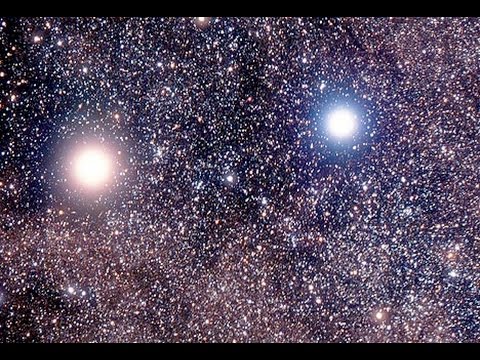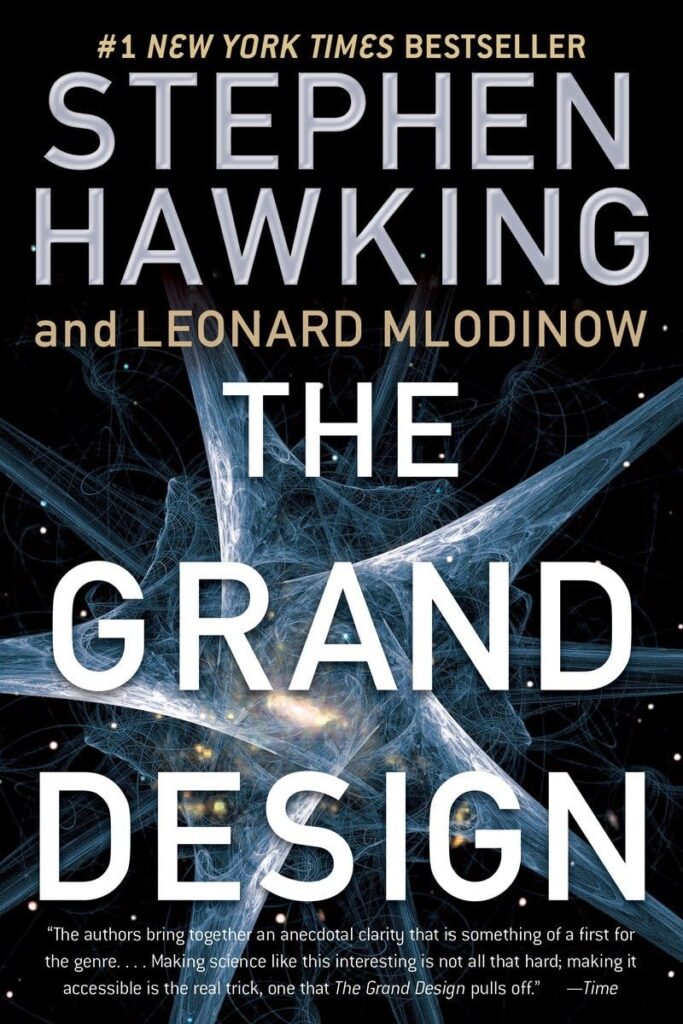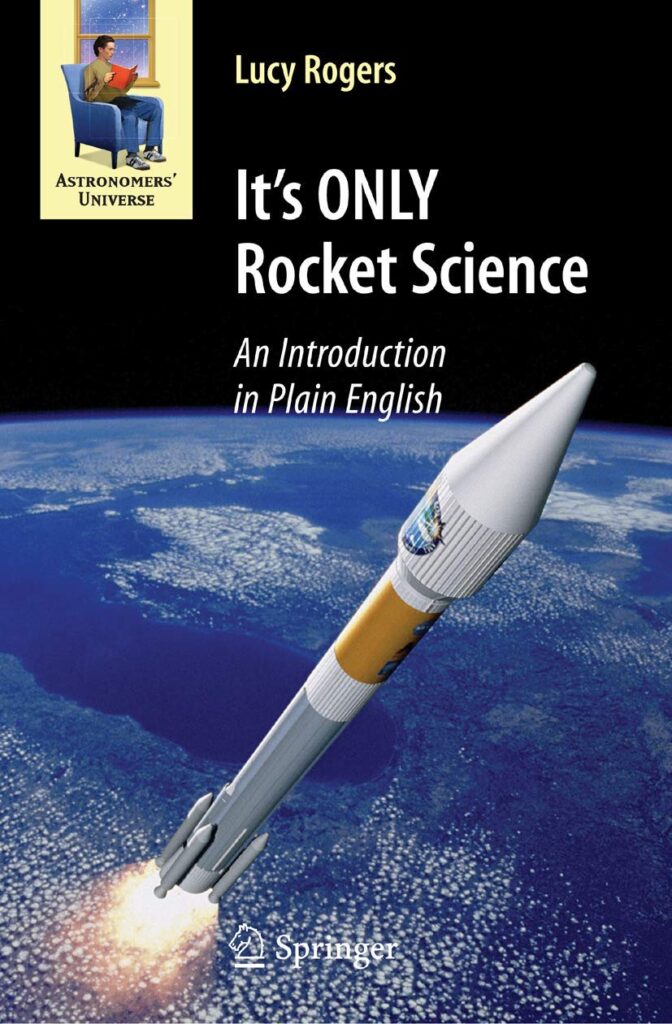Unraveling the Secrets of the Universe: A Journey into the Unknown
The universe is a vast and mysterious place, filled with countless wonders and secrets waiting to be discovered. For centuries, humans have looked up at the night sky and wondered about the nature of the cosmos and our place within it. From the ancient Greeks and their theories about the elements, to the modern-day scientists studying dark matter and black holes, the quest to unravel the secrets of the universe has captivated the minds of generations.
One of the most fundamental questions about the universe is its origins. How did it come into being? What caused the Big Bang, the event that set the universe in motion? Scientists have been studying these questions for decades, using tools like the Hubble Space Telescope and the Large Hadron Collider to peer back in time and uncover the mysteries of the early universe. Through their research, they have pieced together a detailed picture of how the universe began, evolved, and continues to expand to this day.
Another key area of exploration is the nature of dark matter and dark energy, two mysterious substances that make up the vast majority of the universe. Dark matter is believed to make up around 27% of the universe, while dark energy accounts for roughly 68%. Despite their prevalence, these substances are invisible and undetectable by current technology, leading scientists to theorize about their properties and how they influence the cosmos.
One of the most exciting recent discoveries in the field of astrophysics is the detection of gravitational waves, ripples in spacetime caused by cataclysmic events like colliding black holes. These waves were first predicted by Albert Einstein over a century ago, but it wasn’t until 2015 that they were directly observed by the Laser Interferometer Gravitational-Wave Observatory (LIGO). This groundbreaking discovery has opened up a new window into the universe, allowing scientists to study phenomena that were previously invisible to traditional telescopes.
As our understanding of the universe continues to evolve, so too does our appreciation for its beauty and complexity. From the stunning images captured by the Hubble Space Telescope to the mind-bending theories of quantum mechanics, the universe never fails to inspire awe and wonder in those who study it. And while there may always be more questions than answers, the journey into the unknown will continue to drive scientific exploration and discovery for generations to come.













